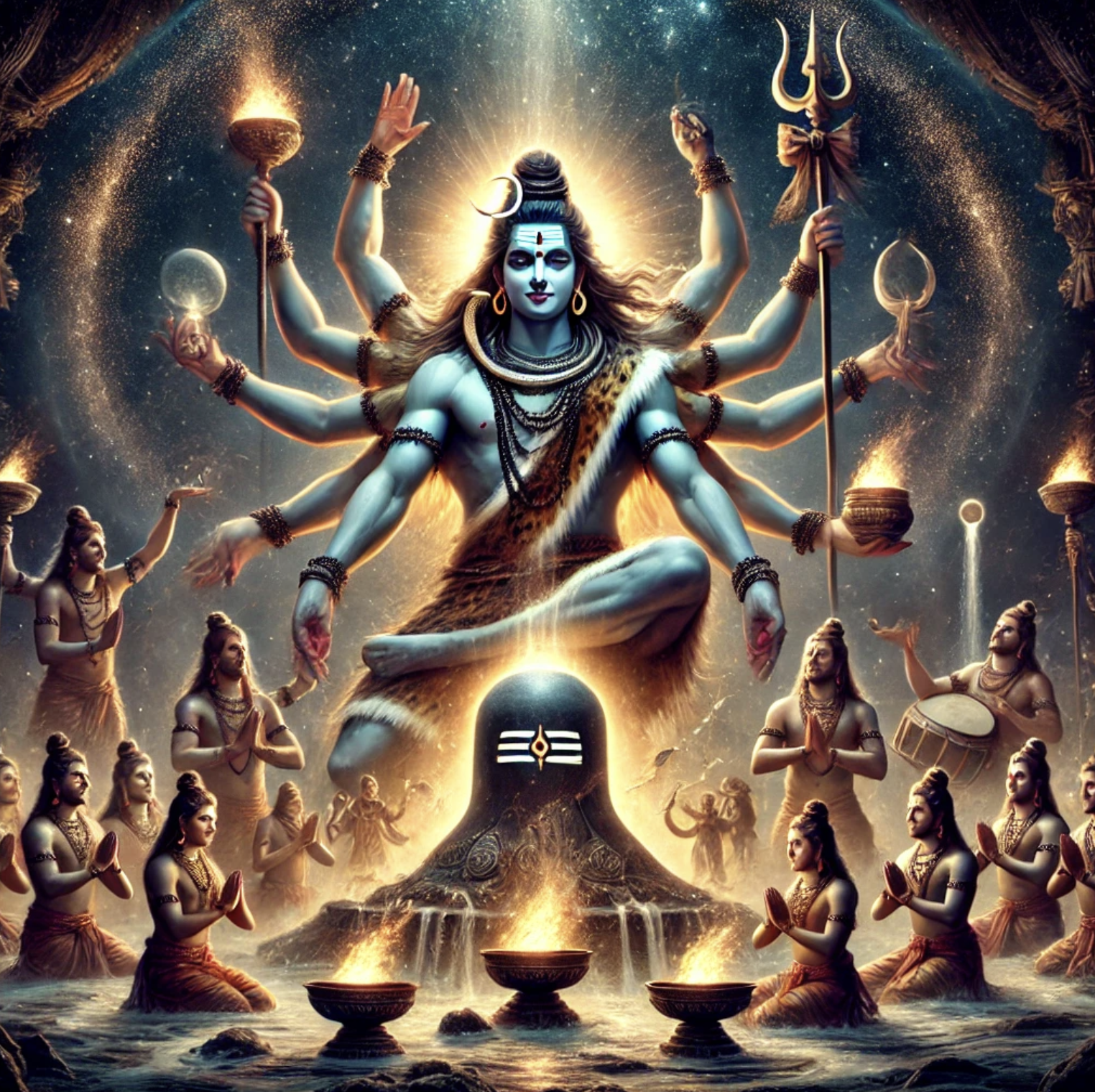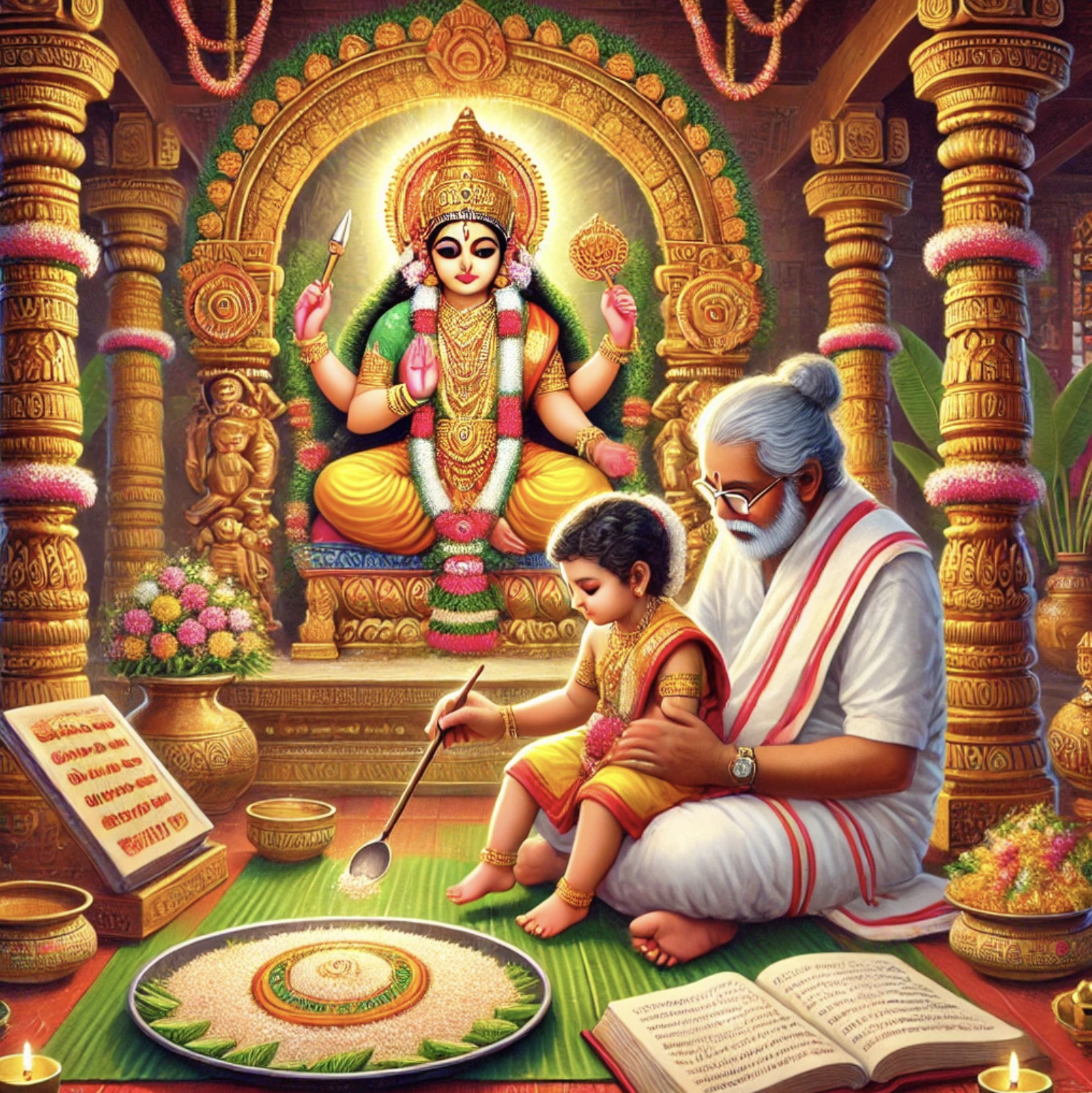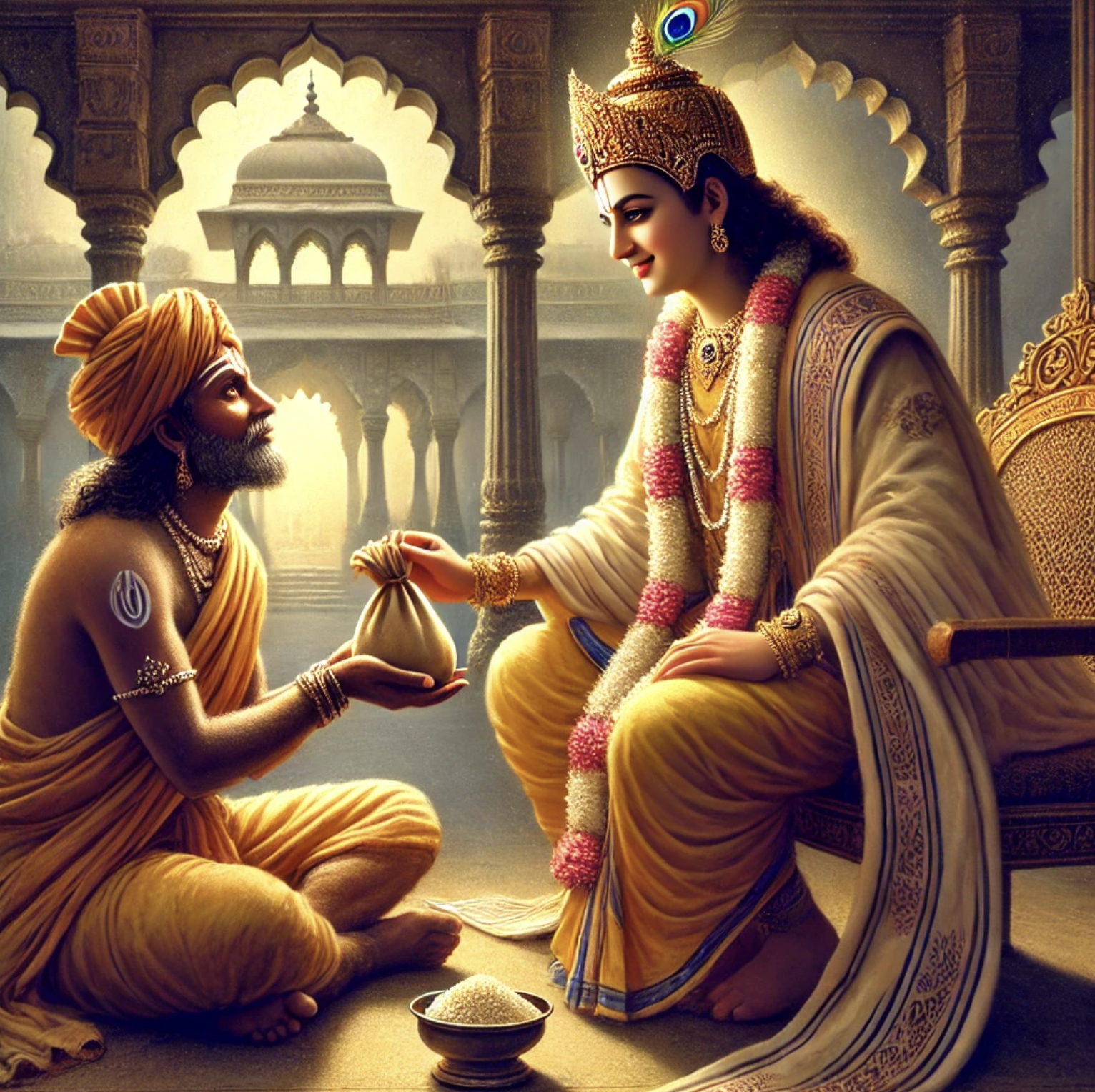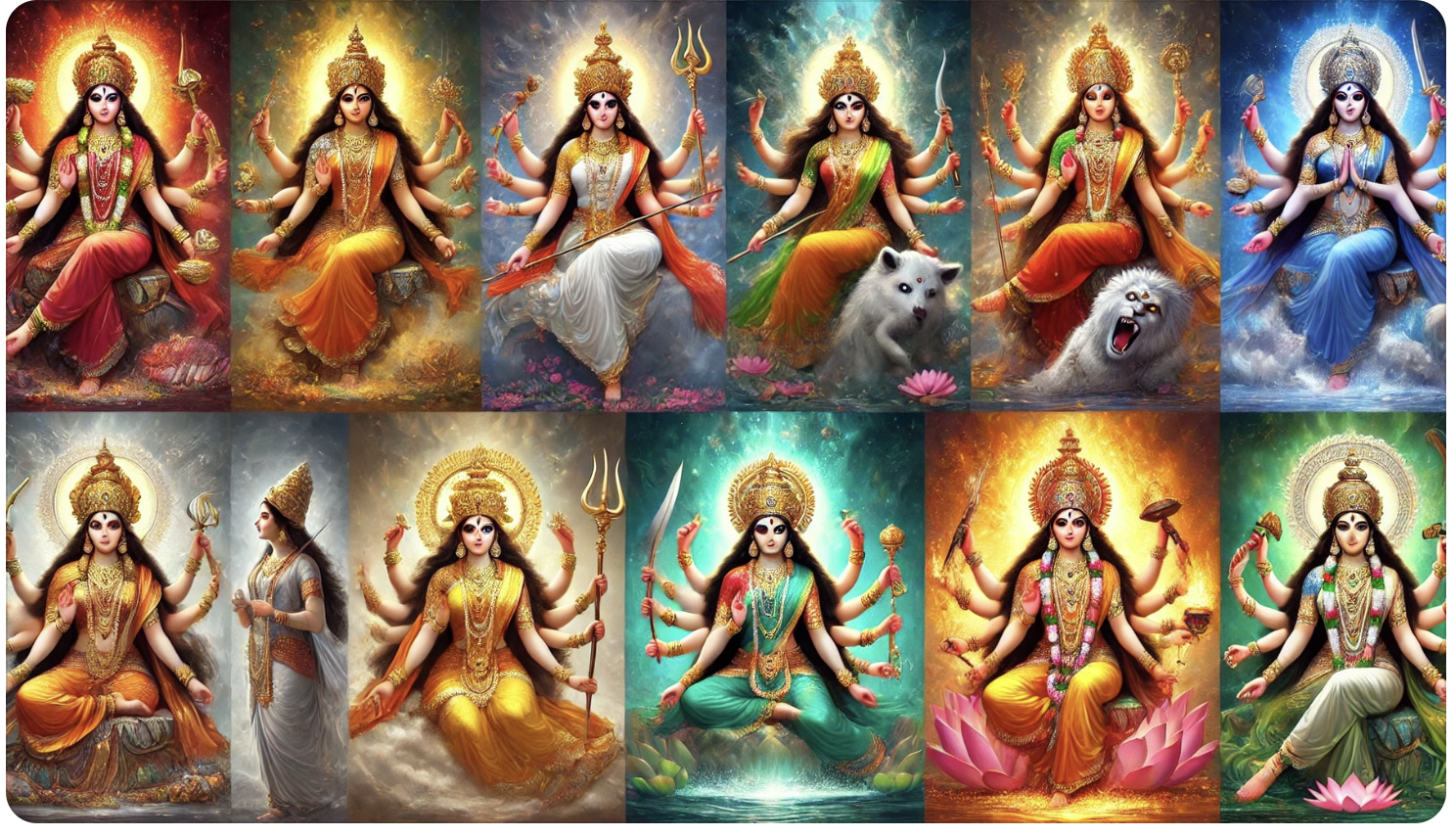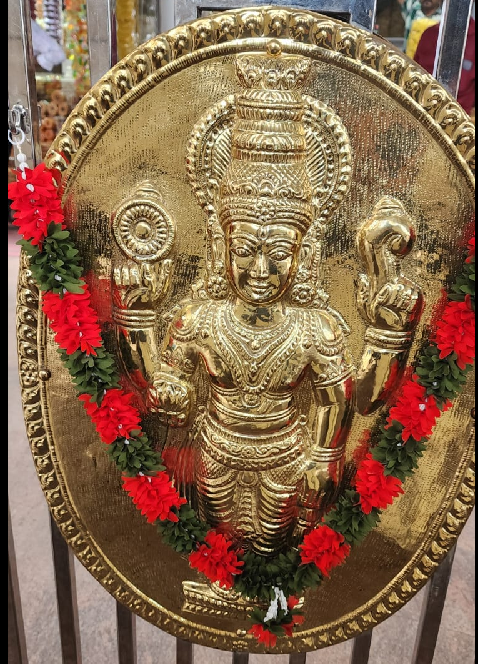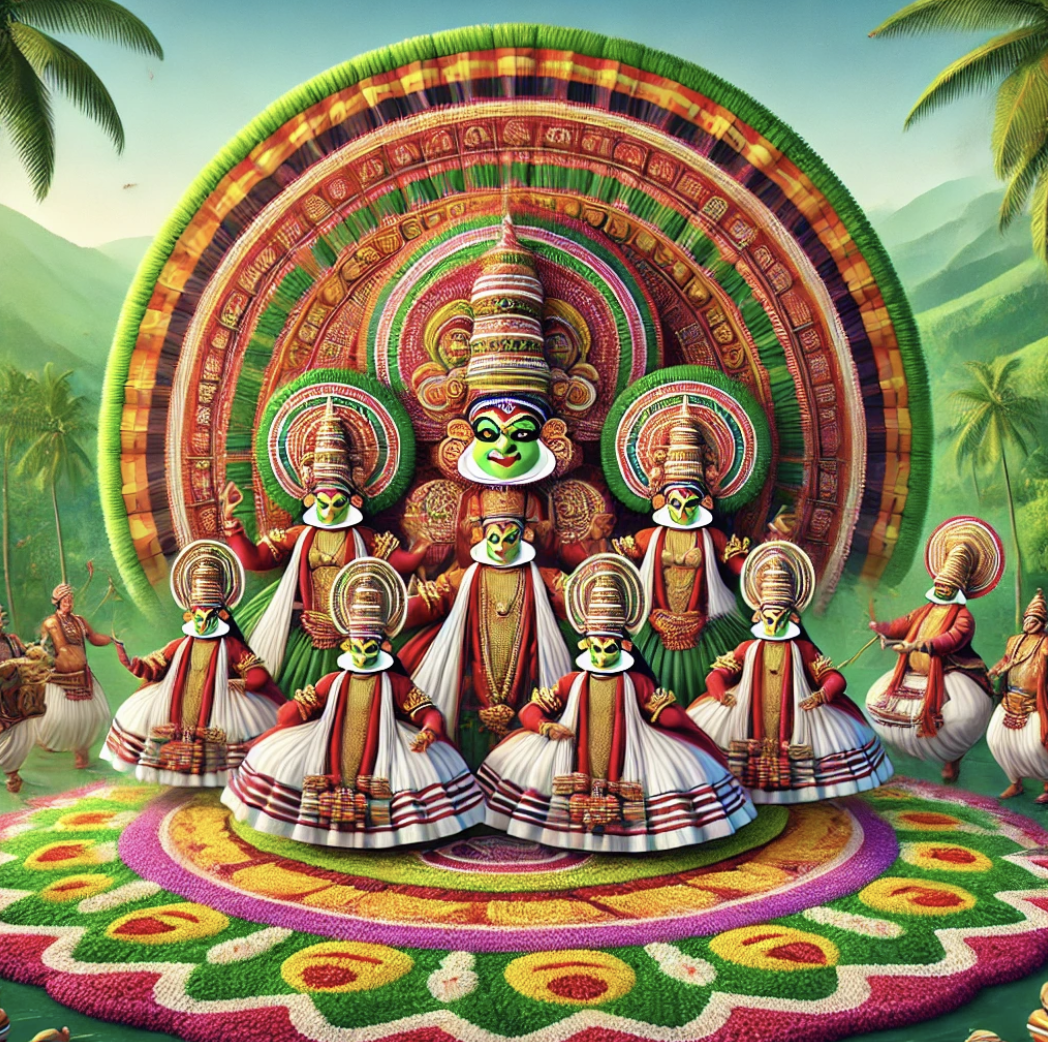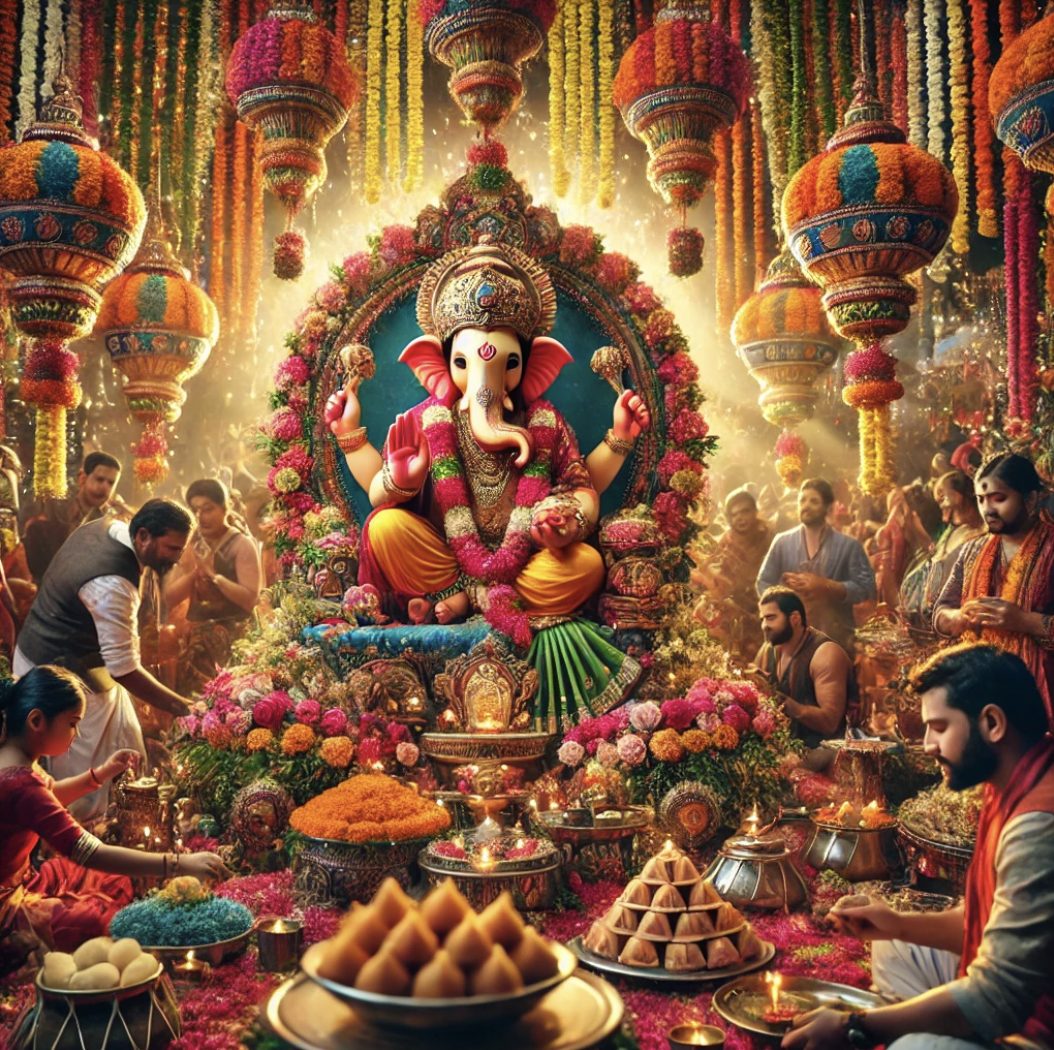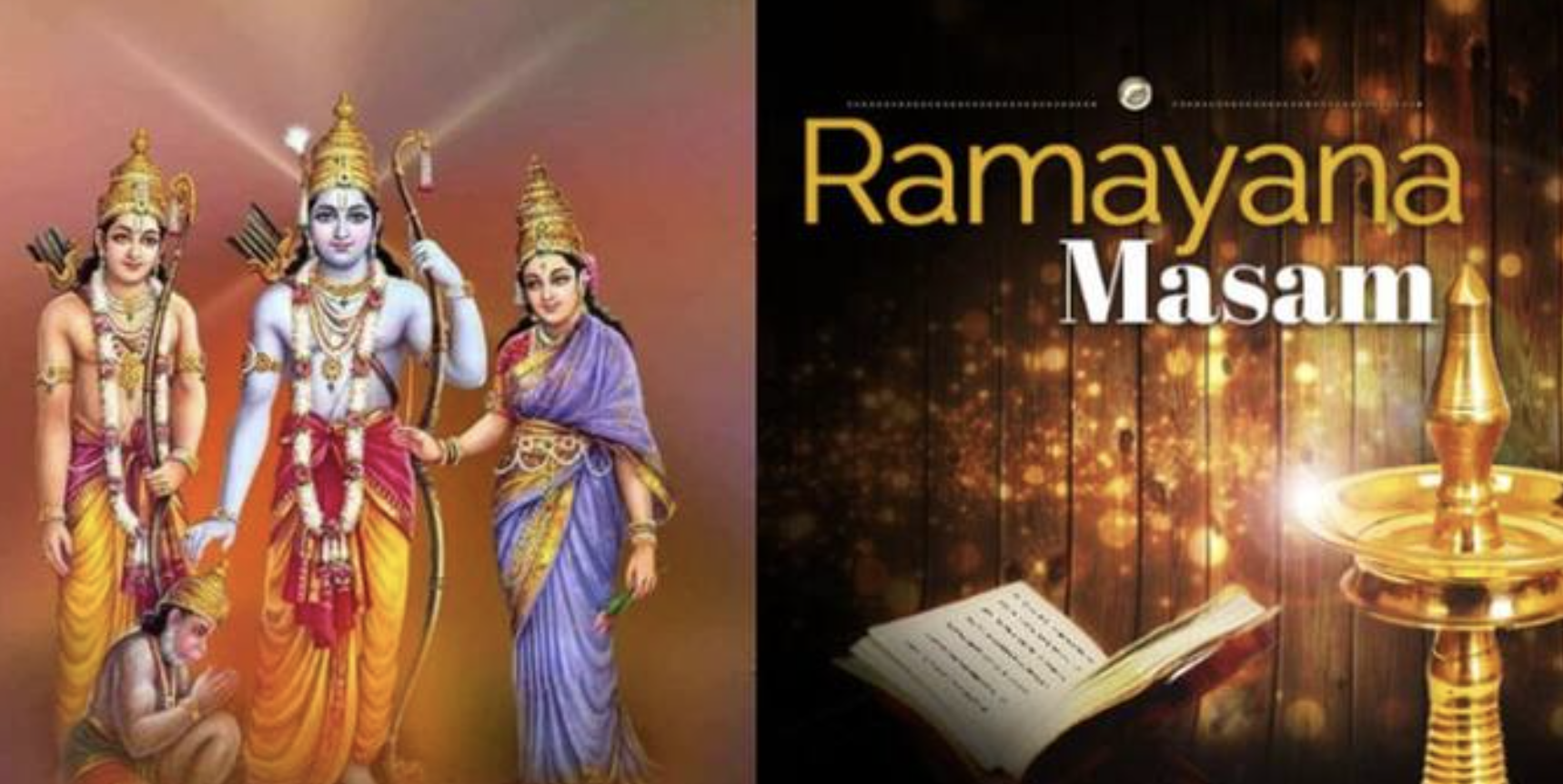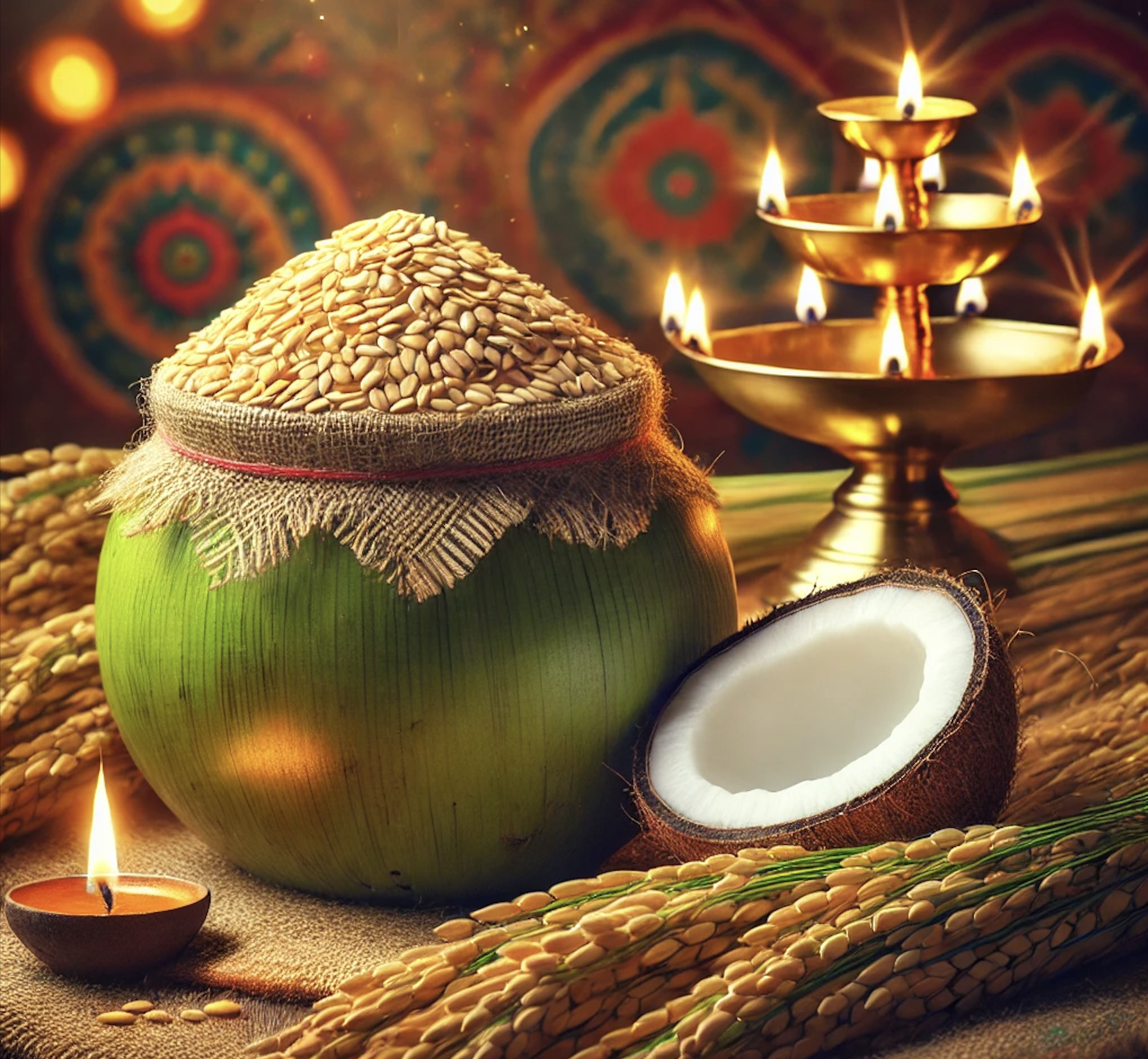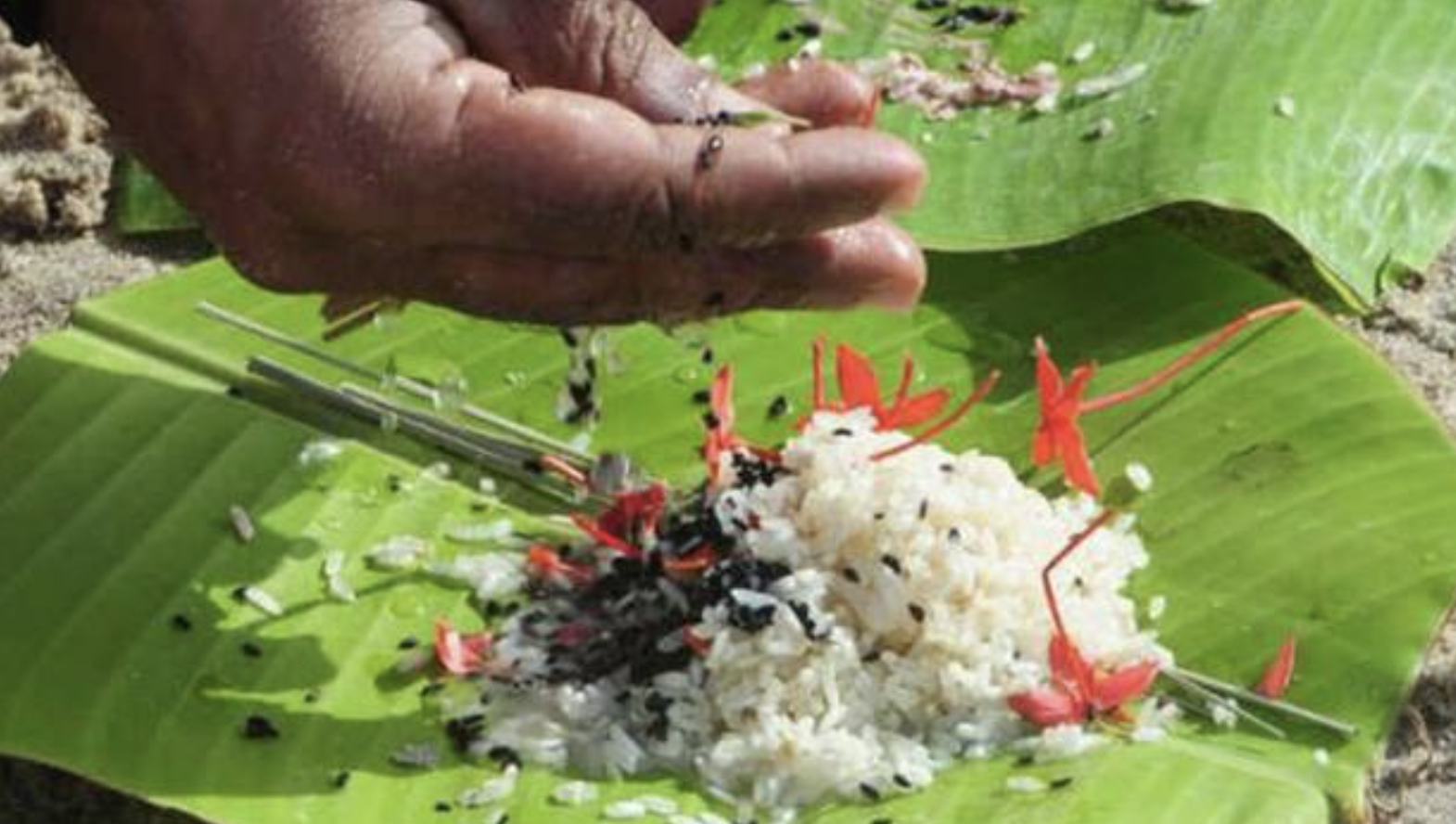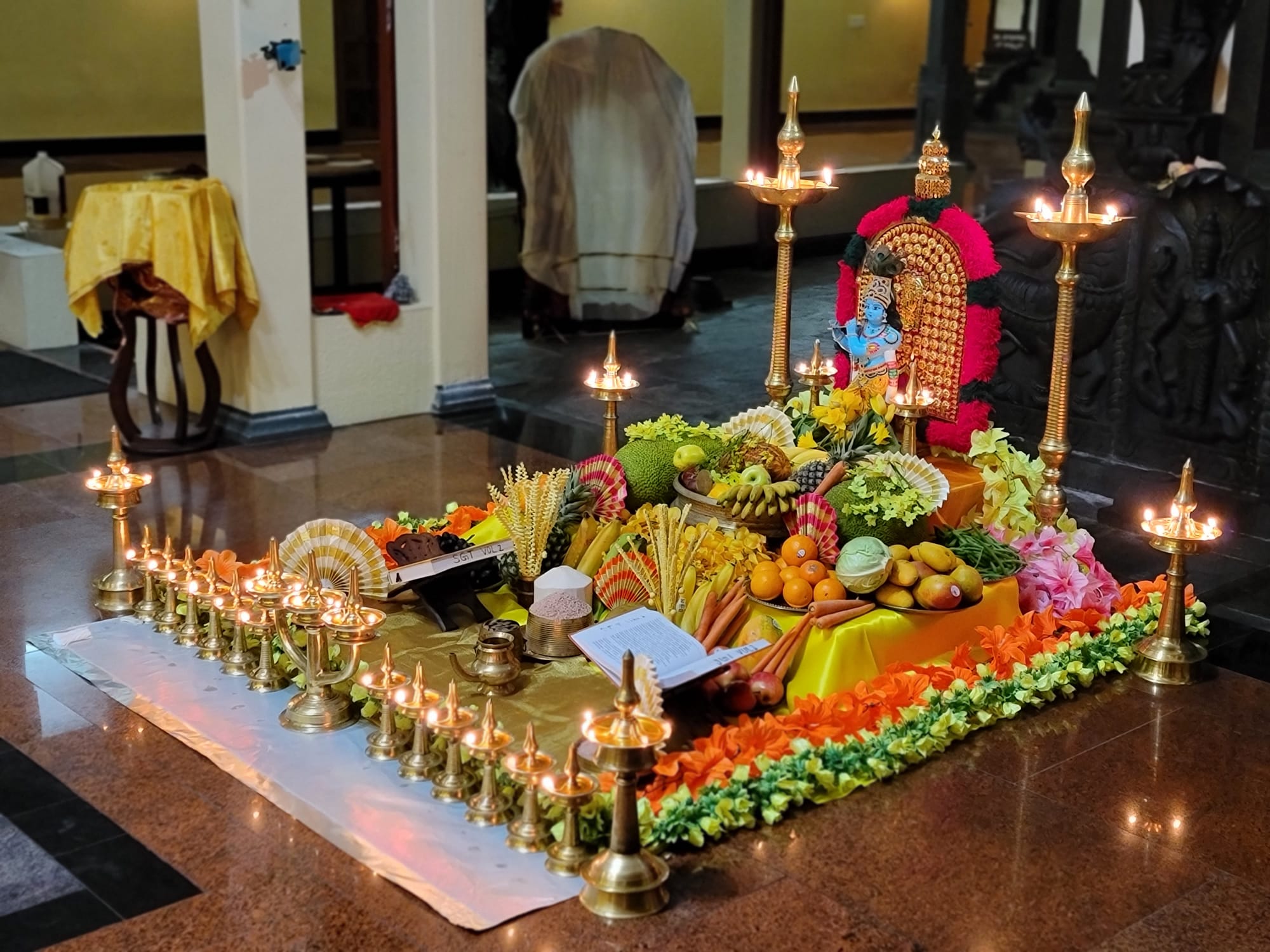
Apr 14, 2025
VISHU
What is Vishu?
Vishu is a popular festival celebrated in the southern Indian state of Kerala. It is the Malayalam New Year and marks the beginning of a new agricultural season. The festival is celebrated on the first day of the Malayalam month called Medam, which falls in the middle of April, typically on or around April 14th. The word Vishu means 'equal' in Sanskrit, which signifies the day when the day and night are equal in length.
Significance of Vishu:
Vishu is a festival of joy, hope, and prosperity. It is a time to celebrate the abundance of nature, to pray for good health and wealth, and to seek blessings for a fruitful year ahead. Vishu is a festival that symbolizes new beginnings, renewal, and hope. It is also a day to remember and honor one's ancestors and seek their blessings.
History and Origin of Vishu:
The origins of Vishu can be traced back to ancient times. It is believed that the festival was originally a harvest festival celebrated by the Dravidians. The festival was later adopted and modified by the Aryans who migrated to the region. The festival also has its roots in Hindu mythology. It is said that on this day, Lord Vishnu took his avatar as Lord Krishna, and defeated the demon Narakasura.
Culture and Celebrations of Vishu:
Vishu is celebrated with great fervor and enthusiasm in Kerala. The preparations for the festival begin a few days in advance. People clean their homes and decorate them with flowers and traditional lamps called 'Vishukkani'. On the day of Vishu, people wake up early in the morning and take a bath. They then visit the temple and offer prayers to the gods.
One of the main attractions of Vishu is the 'Vishukkani' arrangement. It is a traditional arrangement of flowers, fruits, vegetables, and other items, arranged on a platter, which is placed in front of a picture of Lord Krishna. It is believed that seeing the 'Vishukkani' first thing in the morning brings good luck and prosperity throughout the year.
Another important ritual of Vishu is the 'Vishukaineetam'. It is a custom in which elders give money to the younger members of the family. This is a way of blessing them with good luck and prosperity for the year ahead.
On Vishu, people also prepare a special feast called 'Sadya'. It is a traditional vegetarian meal that consists of various dishes like rice, sambar, avial, thoran, and payasam. The feast is usually served on banana leaves and is a symbol of abundance and prosperity.
Apart from these rituals, people also burst firecrackers and light up their homes with traditional lamps. The festival is a time for people to come together and celebrate with their family and friends.
Conclusion:
Vishu is a significant festival in Kerala that celebrates new beginnings, hope, and prosperity. The festival has a rich history and culture that has been passed down through generations. Vishu is a time to celebrate the abundance of nature, to seek blessings from the gods, and to come together with family and friends.

